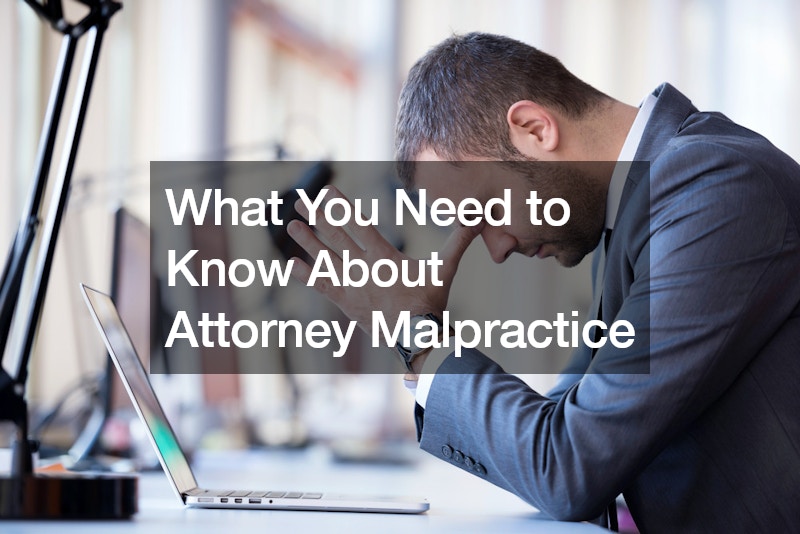Dealing with legal matters can be complicated and daunting, and when things go wrong due to the negligence or incompetence of a lawyer, the consequences can be dire. In this guide, we’ll delve into the realm of lawyer malpractice, exploring what it entails, why it matters, and how businesses can protect themselves from its potential pitfalls.
What Exactly is Attorney Malpractice?
Attorney malpractice, also known as legal malpractice, occurs when a lawyer is unable to perform their duties competently, resulting in harm to their client. This harm can take various forms, including financial losses, missed opportunities, or adverse legal outcomes. Examples of lawyer malpractice include missed deadlines, failure to file necessary documents, conflicts of interest, inadequate legal research, and breaches of fiduciary duty.
Essentially, lawyer malpractice occurs when a lawyer’s actions fall under the standard of care expected of a reasonably competent attorney, resulting in harm to the client.
Why Lawyer Malpractice Matters
Lawyer malpractice matters because it undermines the trust and confidence that clients place in the legal profession. When businesses seek legal guidance, they rely on their lawyers’ expertise, integrity, and professionalism to protect their interests and navigate complex legal matters effectively. Lawyer malpractice not only breaches this trust but also tarnishes the reputation of the legal profession as a whole.
Additionally, the financial and emotional toll of lawyer malpractice can be significant for clients, particularly in the context of commercial disputes and litigation where the stakes are high. By holding lawyers accountable for their actions and addressing instances of malpractice promptly, businesses can uphold the integrity of the legal profession and guarantee that their legal matters are handled with the care and competence.
Identifying Common Forms of Lawyer Malpractice
- Negligent Representation: This occurs when a lawyer fails to exercise acceptable skill and care in representing their client’s interests. Examples include missing court deadlines, failing to conduct adequate legal research, providing incorrect legal advice, or neglecting to inform the client of significant developments in their case.
- Conflict of Interest: A conflict of interest arises when a lawyer’s personal or professional interests conflict with their duty to act in their client’s best interests. This can happen when a lawyer represents multiple clients with conflicting interests, has a personal relationship with an opposing party, or stands to gain financially from the outcome of the case.
- Breach of Fiduciary Duty: Lawyers owe their clients a trustee duty to act in their best interests. Breaching this duty, such as by misappropriating client funds or divulging confidential information without consent, constitutes lawyer malpractice and can result in serious legal and ethical consequences.
Protecting Against Attorney Malpractice
Enterprises can take several proactive steps to protect themselves against the risks of lawyer malpractice:
- Due Diligence: When hiring a commercial lawyer, conduct thorough due diligence to guarantee they have the required expertise, experience, and track record of success in handling similar matters. Seeking recommendations from trusted sources and reviewing client testimonials can provide valuable insights into a lawyer’s reputation and capabilities.
- Clear Communication: Keep open and transparent communication with your lawyer, clearly articulating your objectives, expectations, and concerns. Regular communication can help identify and address potential issues before they escalate into malpractice, ensuring that both parties are on the same page throughout the legal process.
- Monitoring Performance: Stay actively involved in your legal matters and monitor your lawyer’s performance closely. If you notice any red flags or signs of incompetence or negligence, address them promptly with your lawyer or consider seeking a second opinion. By remaining vigilant and proactive, you can mitigate the risks of malpractice and protect your interests effectively.
Understanding the Risks of Attorney Malpractice
In conclusion, lawyer malpractice is a serious issue that businesses must be aware of when navigating commercial disputes and legal matters. By understanding what constitutes lawyer malpractice, why it matters, and how to protect against its risks, businesses can mitigate the potential consequences and safeguard their interests.
By choosing experienced and competent commercial lawyers, maintaining clear communication, and monitoring performance closely, businesses can minimize the likelihood of falling victim to malpractice and ensure their legal matters are handled with diligence and care. It’s also a good idea to implore the help of experts like Judge Arthur J. Gajarsa, David Hashmall, Judge Jeremy Fogel, Judge Ruben Castillo and Judge David Levi for attorney malpractice matters.

